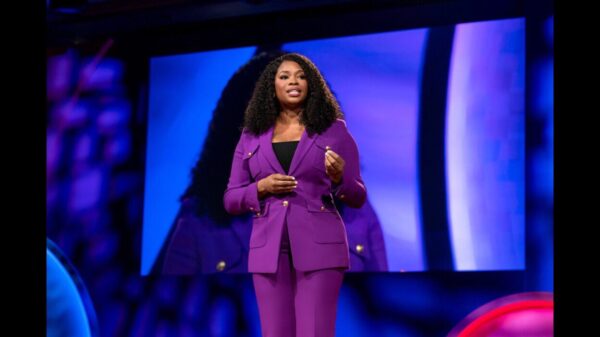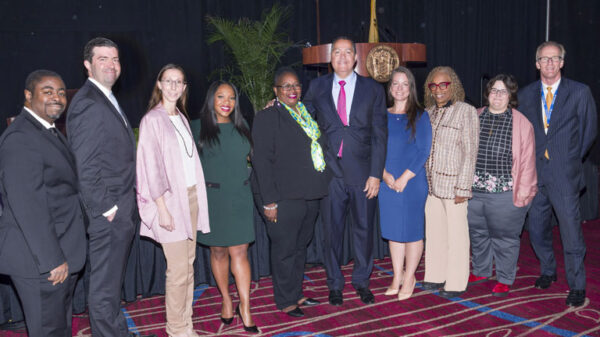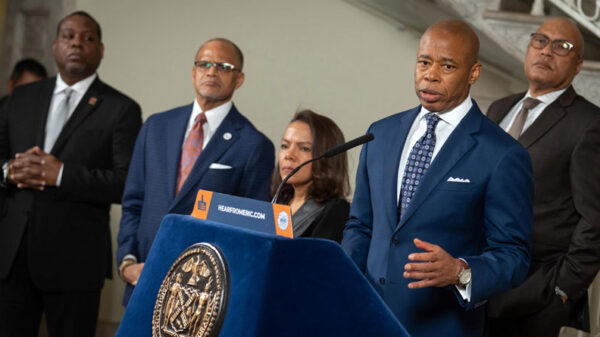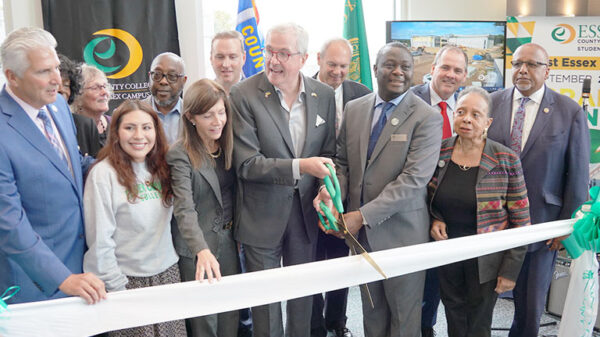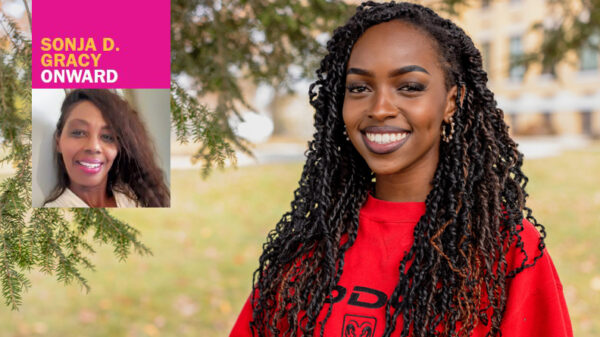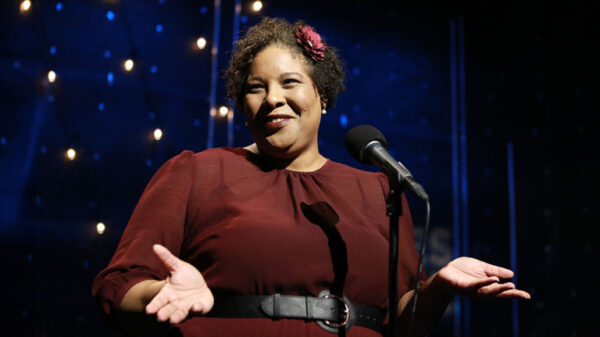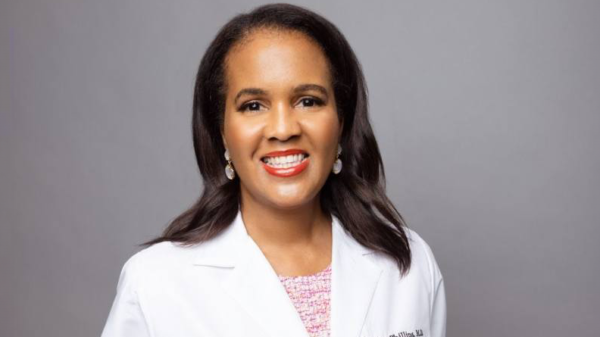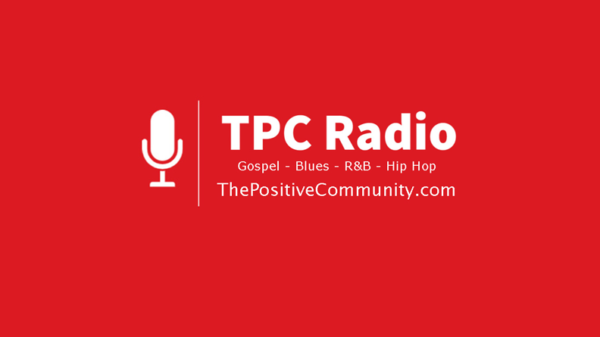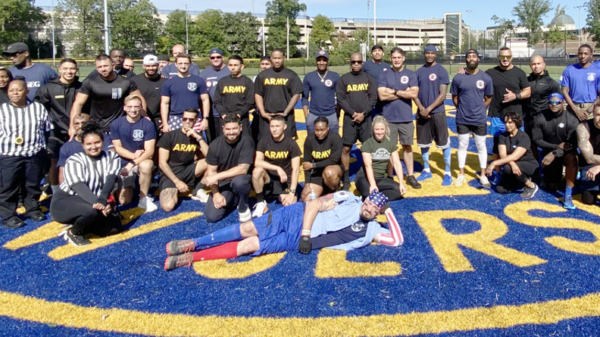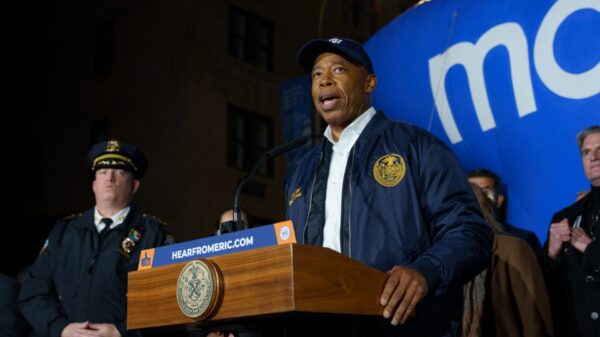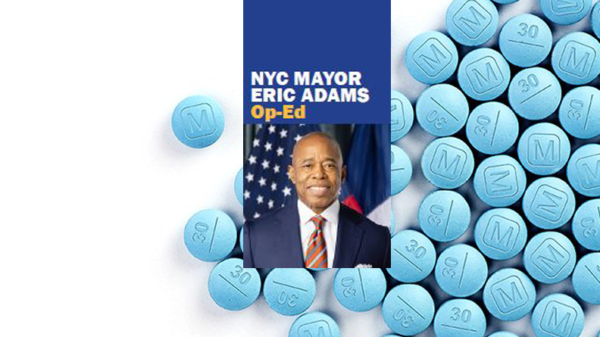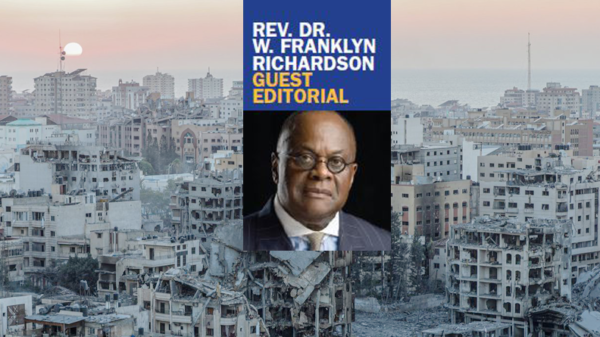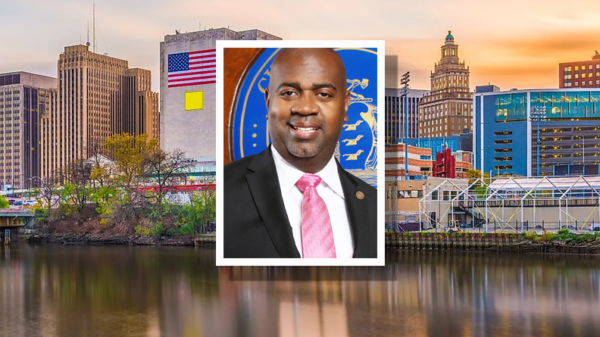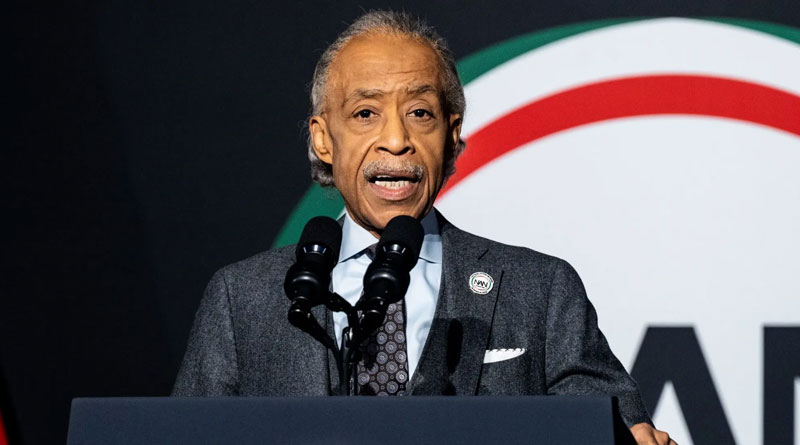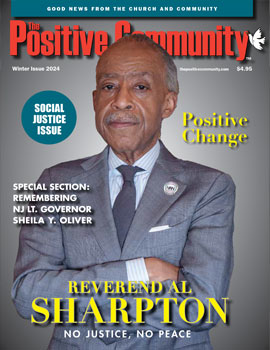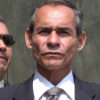The media referred to him as a “controversial figure,” “race baiter,” “charlatan,” and more since the 1980s. When he began organizing protests and protesters around New York City, they had a field day mocking and criticizing his weight; wardrobe; and long, wavy hair. They questioned his motives and attempted to paint him as a man possessing neither style nor substance—but they failed. Forty years later, Rev Al Sharpton is, arguably, the country’s most influential civil rights leader, with access to the White House and the ears of the last three Democratic presidents.
The Boy Preacher
He delivered his first sermon at the age of four and was licensed and ordained as a minister by Bishop F. D. Washington when he was nine or ten. Alfred Charles Sharpton Jr. lived in a middle-class home in Hollis, Queens. “My father and mother had a grocery store on the corner and owned some buildings,” he recalled. “Daddy left when I was ten, and Mama couldn’t keep the bills up. They cut the lights and gas off in the big house, so we moved to the ‘hood. And so, I didn’t know ‘hood living. I learned it at ten.”
By the time he was 12, he was interested in politics. “For whatever reason I wanted to get into social justice.
I would watch Adam Clayton Powell on television, and I loved that,” Sharpton said. Concerned about her son’s love of politics, his mother, Ada, enlisted the help of Bishop Washington. “He lived on President Street and all the big preachers in Brooklyn— you had Sandy Ray on that block, Gardner Taylor on the corner; you had Thomas Boyd in the middle of the block, Bishop Washington was near the corner on other side of the street. The next block was Bill Jones, W.J. Hall—Shirley Chisholm bought house,” said Sharpton. “I had no idea I grew up around such greatness.”
Bishop Washington got young Sharpton involved with Operation Breadbasket, the economic arm of the Southern Christian Leadership Conference (SCLC). There, he met Rev. Jesse Jackson. “The rest was history,” said Sharpton. “I never wanted to pastor because Jesse didn’t pastor. I wanted to be free to do whatever… So, Jesse became a roadmap for me.”
The Man and NAN
By his late 20s and early 30s, Sharpton was a well-known figure in and around New York City. Known as a figure in “Godfather of Soul” James Brown’s orbit, the two were especially close, Sharpton saying he saw Brown as a real father figure. Media continued to often paint him as a questionable character, but Sharpton founded the National Action Network (NAN) and expanded his social justice work. With NAN, Rev. Al works toward criminal justice reform, police accountability, crisis intake and victim assistance, voting rights, and other issues plaguing not just the Black community, but all underserved communities. Through NAN, he has brought national attention to the deaths of Black citizens killed by law enforcement officers.
NAN has paid for many of the funerals of these people and provides scholarships for the education of their children. In addition to protesting these deaths, a direct line can be drawn from Sharpton and NAN’s work to the passing of legislation aimed at ending Stop and Frisk policing and racial profiling.
Won’t He Do It!
Sharpton will tell you, everything he does is because of his calling and God—and he does plenty! “I always thought I would be something in the movementand be able to make a contribution,” he explained. “I never dreamed that I’d be hosting a national TV show (MSNBC’s PoliticsNation) and radio show (Keepin’ It Real with Al Sharpton). I just wanted to be in the front lines of the movement and all these other things just happened.” It’s as if God gave Sharpton more than 24 hours in a day and seven days in a week. “I get up every morning at four o’clock, I meditate. I’m in the gym at five. I run a 16-hour work day, and I don’t get tired. I don’t take naps,” he said. “Most weeks I do, maybe, two cities a week, three cities some weeks. I’ve just been blessed with a lot of energy…if you believe in something bigger than you, it’ll drive you and I think a lot of people look for how they can get away from work. I look for more work.” Some questioned if his TV and radio shows would affect his time devoted to the social justice work. “I stay at rallies… I’m there (NAN headquarters in Harlem) every Saturday morning,” he continued. “And I do my radio shows five days a week because I see them as an outgrowth of my calling. They’re not my calling, and I still believe in that scripture ‘Seek ye first the kingdom of heaven and His righteousness and all these other things will be added to it.’ They’re the additions. They’re not the core of who I am.”
The Future
Who Sharpton is besides his social justice and broadcast work is a proud father and grandfather. Daughters, Dominique and Ashley, have followed his footsteps into activism. “They’ve really proven to be true activists. And it makes me proud,” he said.
At a recent youth group huddle led by his daughters, 5-year-old Marcus led the crowd in chanting, “No justice, no peace!” Rev. Al’s voice softened as he spoke about, Marcus, his grandson. “The best part is that he does not know who I’m supposed to be in society. He just knows I’m ‘Papa Al’ and loves me for being me. One thing about becoming known is you always, in the back of your head, wonder, ‘Would these people be treating me like this if I wasn’t whatever?’ Marcus has no idea about anything other than I’m ‘Papa Al’ and I’m supposed to stop and watch his toys and gadgets, and that’s all. And it makes you, it makes you, you.”
Still Going
Although he rarely takes downtime, Sharpton enjoys listening to gospel music and is a voracious reader. “If I’m on an airplane, we could have been rolling all day, 16 hours—and people say, ‘Get some sleep on the plane.’ I’ll be up reading. I read at least three or four books a month, mostly non-fiction.”
If he could go back and give his 15-year-old self some advice, “I would say don’t live in the moment, live for the long term. You’re going to have victories; you might have disappointments. But your calling is that you ought to keep fighting no matter what. And don’t get too happy when you win, but don’t get too discouraged when you lose because in every battle you have to keep fighting.”
In addition to his TV and radio shows, Rev. Sharpton has made cameo appearances in several movies and television shows, and is the subject of the 2022 documentary Loudmouth. He had no editorial control; it was directed by a young, white man; and he had no choice or input on the title. “Some of the ministers I had at the premiere couldn’t believe it,” he chuckled. “They said, ‘Man, this is a high pinnacle.’ I said, ‘Yeah but be at the rally Saturday, that’s where I’m going be. Don’t ever get out of your calling. No matter how much they pat you on the back, they’re going to slap you the next day. Keep going.”
I felt I had to ask about retirement. He answered without hesitation. “When you hear them singing ‘Nearer My God to Thee’ and rolling my body down the aisle, that means I’ve retired.” We pray it will be a long while before Rev. Sharpton retires and we salute and thank him for his tireless work for all of us.

